Diverticulitis, a potentially serious condition that affects the digestive tract, particularly the large intestine, can cause significant discomfort and complications if not managed properly. Diet plays a crucial role in managing this condition. Specifically, there are certain foods that those suffering from diverticulitis are advised to avoid to prevent exacerbations or flare-ups. This article will explore the top 7 foods to avoid with diverticulitis nhs guidelines, providing insights into why these foods can be problematic and offering alternative dietary suggestions that can help manage symptoms and promote digestive health.

Understanding Diverticulitis
Before delving into the specific foods to avoid, it’s important to understand what diverticulitis is and how it affects the body. Diverticulitis occurs when small, bulging pouches (diverticula) that can develop in the lining of the digestive system become inflamed or infected. These pouches are common, especially after age 40, and are often symptom-free. However, when inflammation or infection sets in, the condition becomes known as diverticulitis, characterized by severe abdominal pain, fever, nausea, and a marked change in bowel habits.
The Role of Diet in Managing Diverticulitis
Diet is a key factor in both the development and management of diverticulitis. Some foods can increase the risk of flare-ups by irritating the bowel or obstructing the diverticula. Understanding which foods to avoid can significantly ease symptoms and prevent disease progression.
1. Nuts and Seeds
Historically, nuts and seeds were considered potential irritants for those with diverticulitis because small particles were thought to lodge in the diverticula and lead to inflammation. However, recent studies suggest that nuts and seeds might not necessarily need to be avoided by everyone with diverticulitis. Despite this, the NHS recommends caution, particularly during flare-ups, as individual tolerance can vary. If you notice worsening symptoms after consuming nuts and seeds, it’s wise to eliminate them from your diet during the recovery phases.
2. Corn and Popcorn
Corn, including popcorn, is another food the NHS advises patients with diverticulitis to avoid during flare-ups. Corn kernels are hard to break down completely in the digestive system and can accumulate in the diverticula, causing irritation or blockages. While popcorn is a whole grain and generally healthy, its fibrous husks can pose a risk for those with diverticulitis, especially during an acute episode.
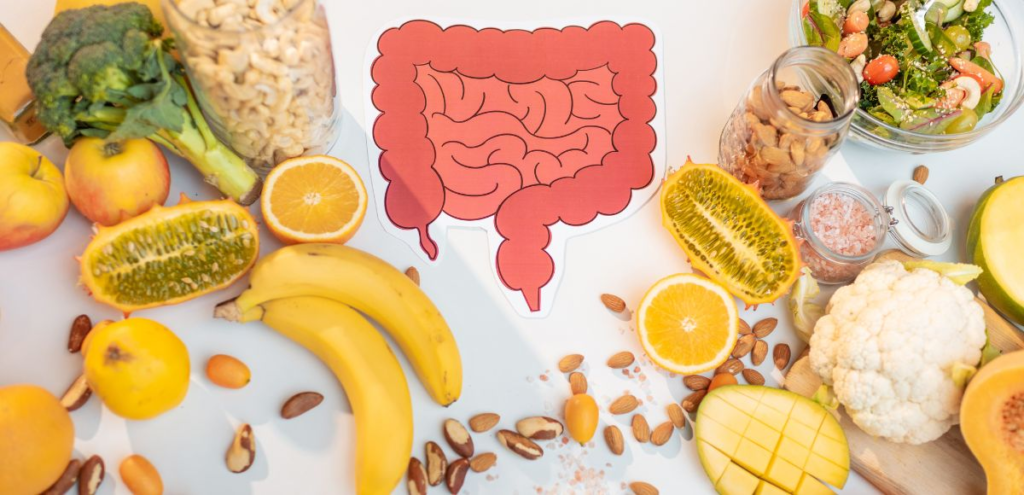
3. Certain Fruits and Vegetables
While fruits and vegetables are essential to a healthy diet, certain types can exacerbate diverticulitis symptoms. Specifically, the NHS highlights that fruits and vegetables with skins and seeds, like tomatoes, cucumbers, strawberries, and raspberries, should be avoided during flare-ups. Cooking these foods can help break down the fibers and make them easier to digest, reducing the potential for irritation.
4. Refined Grains
Refined grains, such as white bread, white rice, and other processed grains, lack the fiber that helps keep the intestines functioning properly. In the context of diverticulitis, a low-fiber diet, particularly during non-flare-up times, can lead to constipation, which can put pressure on the colon and potentially provoke a diverticulitis attack. The NHS suggests focusing on whole grains instead, which can help maintain a healthy digestive system.
5. Red Meat
Red meat can be hard on the digestive system, particularly for those with diverticulitis. Digesting takes longer, can be constipating, and may contribute to inflammation. The NHS recommends limiting red meat intake and opting for leaner protein sources like poultry, fish, or plant-based proteins, which are easier on the digestive system and may help reduce the risk of flare-ups.
6. Fried Foods
Fried foods are notoriously hard on digestion due to their high-fat content. They can slow down the gastrointestinal system, leading to constipation—a risky condition for diverticulitis patients. The NHS advises that patients with diverticulitis avoid fried foods to minimize stress on the digestive system and prevent conditions that could lead to inflammation of the diverticula.
7. Dairy Products
For individuals sensitive to lactose, dairy products can exacerbate symptoms of diverticulitis by causing bloating, gas, and diarrhea. Dairy products can contribute to discomfort during diverticulitis flare-ups, even for those not lactose intolerant. The NHS suggests limiting or avoiding dairy during acute episodes and considering lactose-free alternatives or plant-based substitutes like almond or oat milk.

Conclusion
Managing diverticulitis effectively involves a careful approach to diet, particularly during flare-ups. The NHS provides clear guidelines on foods to avoid, prevent the aggravation of symptoms, and promote a quicker recovery. By adhering to these dietary recommendations, individuals suffering from diverticulitis can lead a more comfortable life with fewer complications. Remember, it is crucial to consult with healthcare professionals to tailor nutritional choices to your specific condition, as individual needs can vary.





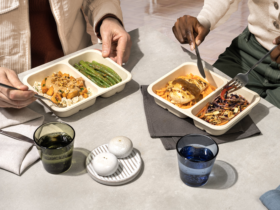
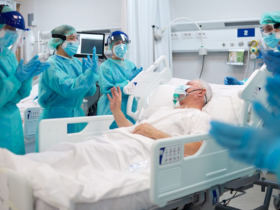





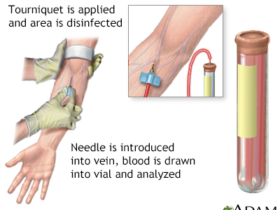


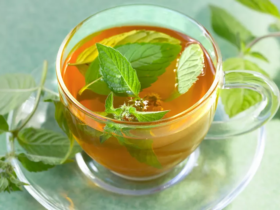

Got a Questions?
Find us on Socials or Contact us and we’ll get back to you as soon as possible.